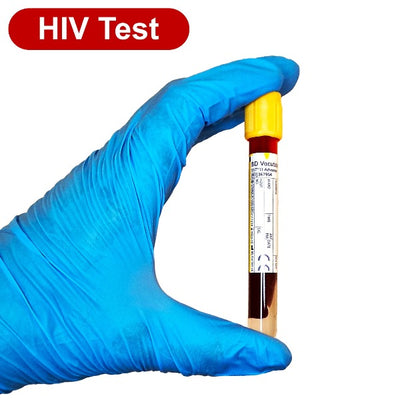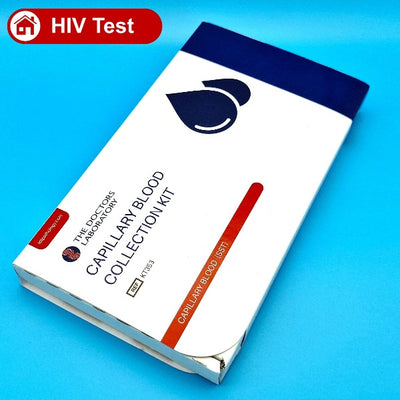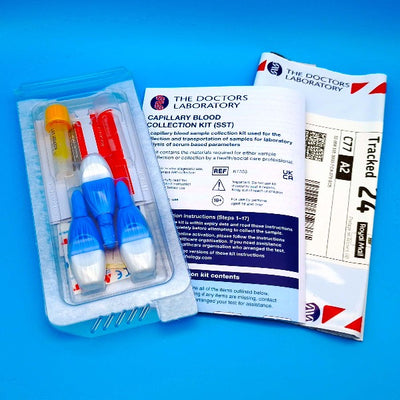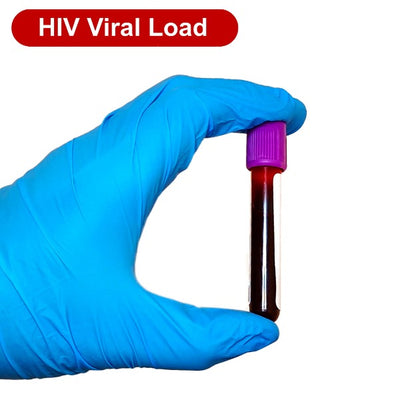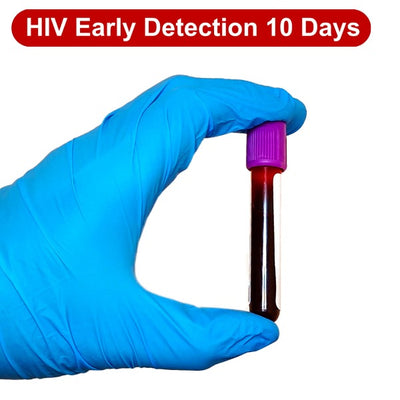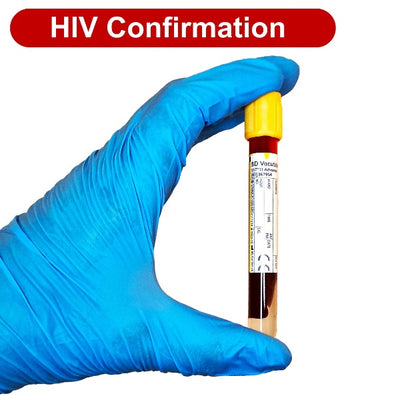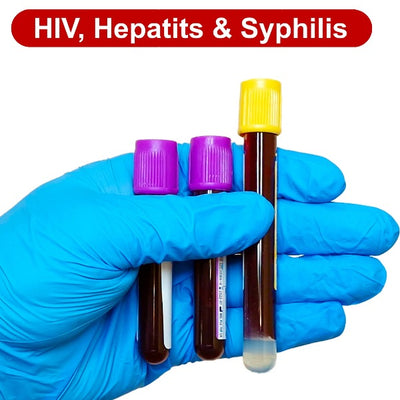HIV
- Introduction
- Symptoms of HIV Infection
- Causes of HIV Infection
- Diagnosing HIV
- Treatment for HIV
- Living with HIV
- Preventing HIV
Introduction
HIV (human immunodeficiency virus) is a virus that damages the cells in your immune system and weakens your ability to fight everyday infections and disease.
AIDS (acquired immune deficiency syndrome) is the name used to describe a number of potentially life-threatening infections and illnesses that happen when your immune system has been severely damaged by the HIV virus.
So the HIV virus can be transmitted from one person to another, but AIDS cannot be. AIDS is the syndrome that is caused by the HIV virus.
There's currently no cure for HIV, but there are very effective drug treatments that enable most people with the virus to live a long and healthy life.
With an early diagnosis and effective treatments, most people with HIV won't develop any AIDS-related illnesses and will live a near-normal lifespan.
Symptoms of HIV Infection
Most people have a short, flu-like illness 2-6 weeks after HIV infection, which lasts for a week or two. The most common symptoms are:
- Raised temperature (fever)
- Sore throat
- Body rash
Other symptoms can include:
- Tiredness
- Joint pain
- Muscle pain
- Swollen glands
The symptoms usually last 1-2 weeks but can be longer. They're a sign that your immune system is putting up a fight against the virus.
If you have several of these symptoms and think you've been at risk of HIV infection within the past few weeks, you should get an HIV test.
After these symptoms have gone, HIV may not cause any symptoms for many years, although the virus continues to damage your immune system. This means many people with HIV don't know they're infected.
Once the immune system becomes severely damaged, symptoms can include:
- Weight loss
- Chronic diarrhoea
- Night sweats
- Skin problems
- Recurrent infections
- Serious life-threatening illnesses
Earlier diagnosis and treatment of HIV can prevent these problems. You should still take an HIV test if you may have been at risk at any time in the past, even if you don't experience any symptoms.
Certain groups of people are advised to have regular tests as they're at particularly high risk, including:
- Men who have sex with men
- Black African heterosexuals
- People who share needles, syringes or other injecting equipment
Causes of HIV Infection
HIV is found in the body fluids of an infected person. This includes semen, vaginal and anal fluids, blood, and breast milk.
It's a fragile virus and doesn't survive outside the body for long. HIV can't be transmitted through sweat, urine or saliva.
The most common way of getting HIV in the UK is through having anal or vaginal sex without a condom. Other ways of getting HIV include:
- Sharing needles, syringes or other injecting equipment
- Transmission from mother to baby during pregnancy, birth or breastfeeding
The chance of getting HIV through oral sex is very low and will be dependent on many things, such as whether you receive or give oral sex and the oral hygiene of the person giving the oral sex.
Diagnosing HIV
The only way to find out if you have HIV is to have an HIV test. This involves testing a sample of your blood or saliva for signs of the infection.
Read about the different types of HIV test.
It's important to be aware that:
- Emergency anti-HIV medication called post-exposure prophylaxis (PEP) may stop you becoming infected if started within three days of possible exposure to the virus; starting it as soon as possible is recommended
- An early diagnosis means you can start treatment sooner, which can improve your chances of controlling the virus and reduce the chance of passing the virus on to others
- HIV tests may need to be repeated 1-3 months after potential exposure to HIV infection (this is known as the window period), but you shouldn't wait this long to seek help
If your first test suggests you have HIV, a further blood test will need to be carried out to confirm the result.
If this is positive, you'll need a referral to a specialist HIV clinic for some more tests and a discussion about your treatment options.
Treatment for HIV
Antiretroviral medications are used to treat HIV. They work by stopping the virus replicating in the body, allowing the immune system to repair itself and preventing further damage.
These come in the form of tablets, which need to be taken every day.
HIV is able to develop resistance to a single HIV drug very easily, but taking a combination of different drugs makes this much less likely.
Most people with HIV take a combination of drugs – it's vital these are taken every day as recommended by your doctor.
The goal of HIV treatment is to have an undetectable viral load. This means the level of HIV virus in your body is low enough to not be detected by a test.
Living with HIV
If you're living with HIV, taking effective HIV treatment and being undetectable significantly reduces your risk of passing HIV on to others.
You'll also be encouraged to:
- Take regular exercise
- Eat a healthy diet
- Stop smoking
- Have yearly flu jabs to minimise the risk of getting serious illnesses
Without treatment, the immune system will become severely damaged, and life-threatening illnesses such as cancer and severe infections can occur.
It's rare for a pregnant woman living with HIV to transmit it to her baby, provided she receives timely and effective HIV treatment and medical care.
Preventing HIV
Anyone who has sex without a condom or shares needles is at risk of HIV infection. The best way to prevent HIV is to use a condom for sex and never share needles or other injecting equipment, including syringes, spoons and swabs.
Knowing your HIV status and that of your partner is also important. For people with HIV, taking effective HIV treatment and being undetectable significantly reduces the risk of passing HIV on to others.


